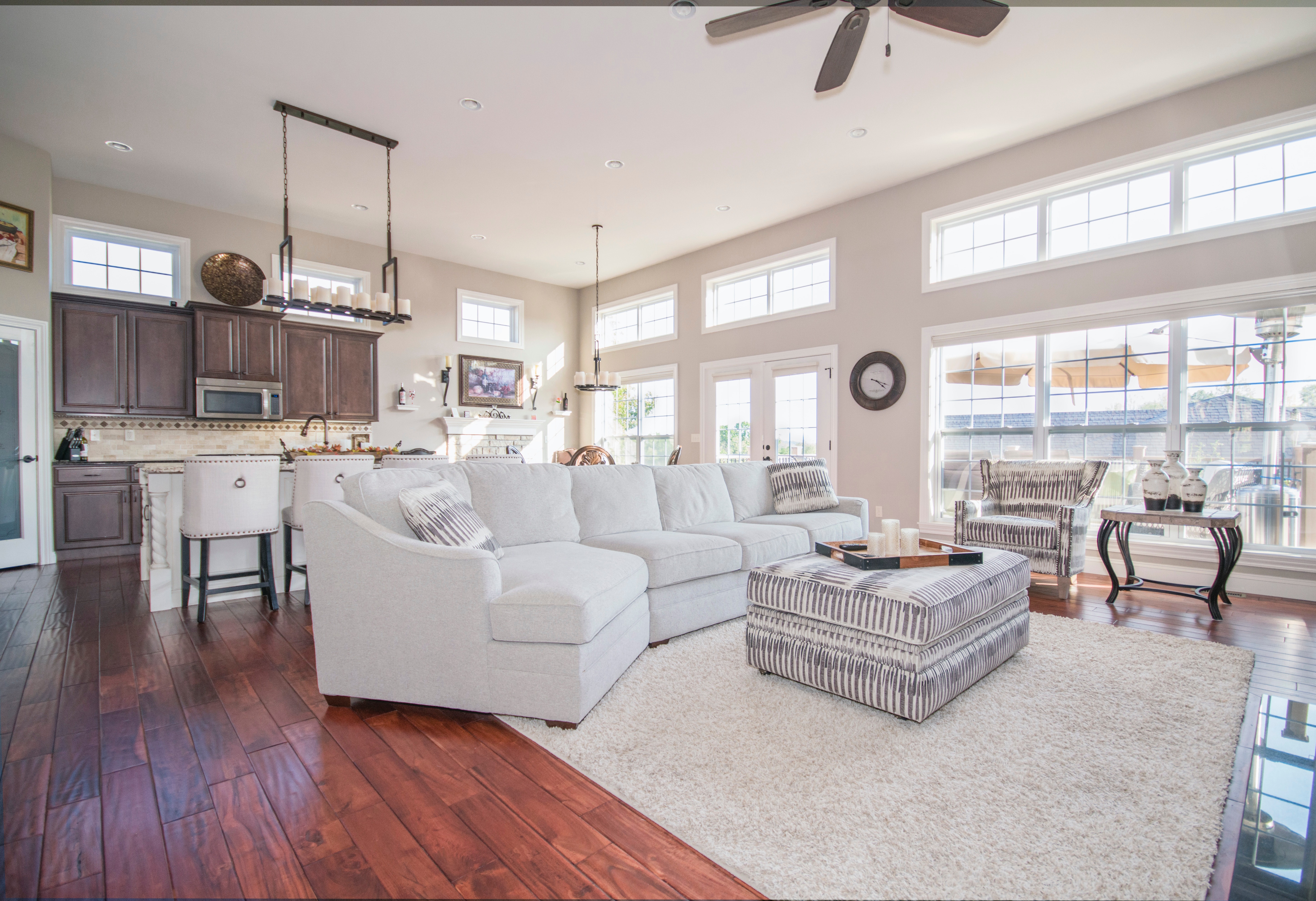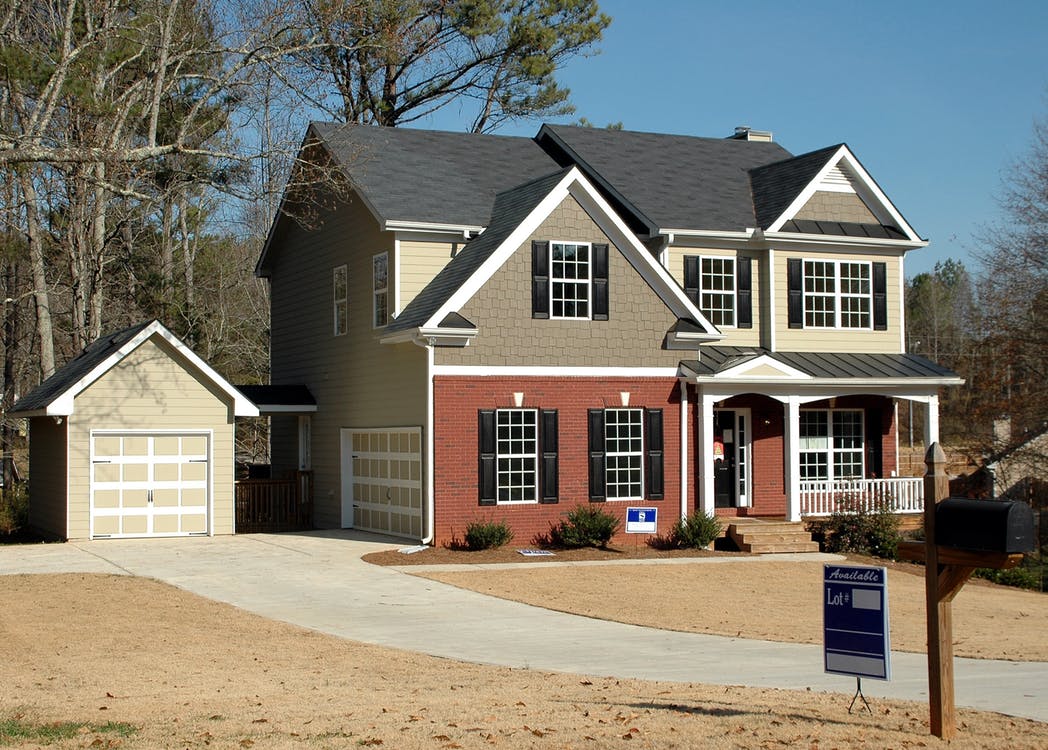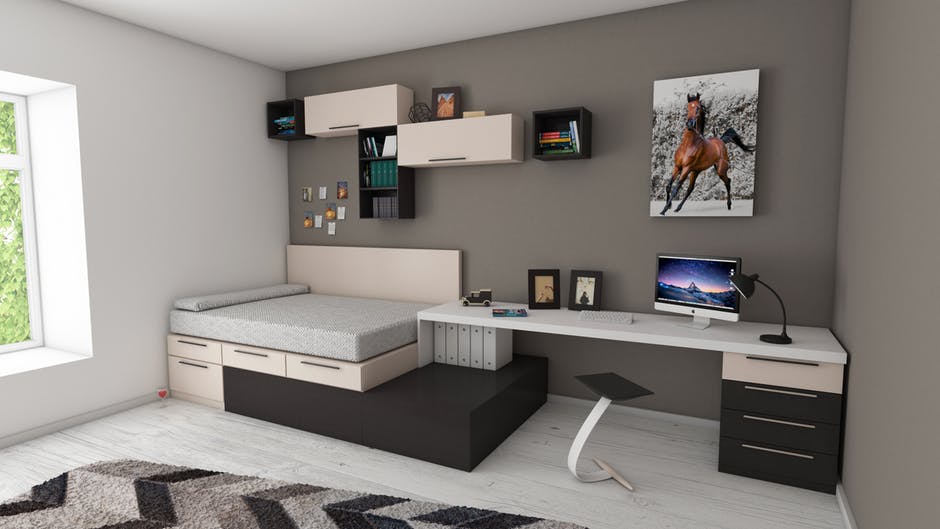Having a Vancouver income property can already be lucrative. And with housing becoming increasingly scarce, the cash flow generated by a Vancouver income property is only going to grow. In order to get the best return, however, it is important to select the right property for you, your neighbourhood, and the types of tenants you are hoping to draw in.
5 types of Vancouver income properties
In order to select the right Vancouver income property for your situation, it is important to know what options are available to you. That is why we have not only laid out five key types of Vancouver income properties, but have created a list of the pros and cons for each one.
1. Secondary suites
Secondary suites are booming in Vancouver. Why are they so popular? First, they allow you to enter the Vancouver income property market without having to purchase an additional property. Instead, you just take part of your own home – often a basement – and turn it into an apartment. Another reason secondary suites are so popular is the additional income they bring in, helping homeowners deal with the hefty mortgages, property taxes and other housing expenses in the city.
Pros:
- Allows you to make money from your own home
- Can be rented furnished or unfurnished
- Few/no amenities required
- Popular with tenants
- Help make home prices more manageable
- Add value to your home
Cons:
- Can require extensive time and money to be approved by the city
- Tenants in your home
- No separation of personal and work life
2. Student housing
With Vancouver’s tight housing market, it is always easy to rent out student units or homes, especially near the city’s post-secondary campuses, such as UBC, BCIT and SFU. While the rental prices of student housing can be lower than some of the other types of income properties on this list, if managed the right way, they can be one of the most lucrative aspects of your real estate portfolio.
Pros:
- Easy to find tenants
- Can be rented furnished or unfurnished
- Few/no amenities required
- Year-long leases are common
- Can be rented out by the room
Cons:
- Should be near post-secondary campuses
- High yearly turnover
- Tenants are more likely to cause damage
- Lower rental prices
If you are dealing with student housing, we strongly advise requiring a year-long lease to ensure your income property is not empty during the summer months.
3. Vacation rentals
Vacation rentals, like most of the properties listed on Airbnb, are geared toward travellers – and priced accordingly. If you already have an extra apartment or room in your home, vacation rentals can be a way of making money from these spaces when you are not using them.
While this type of income property can seem appealing right now, remember that the regulations around short-term rentals are changing in Vancouver. This means you may need to shift your strategy as the landscape of short-term rentals in the city develops.
Pros:
- Can lead to higher income levels than long-term rentals
- Flexible
- Can be a way of making extra money from personal properties
Cons:
- High turnover
- High demands on time and energy
- Regular cleaning required
- Can remain empty for extended periods of time
- May be seasonal
- Changing regulations
- Needs to be furnished
Vacation rentals are demanding as they require constantly engaging with interested parties and renters. Because of this, we recommend working with a rental company who can handle this engagement for you.
4. Executive rentals
Executive rentals are similar to vacation rentals, but are geared to business travellers in need of short-term housing while working in the area. Unlike vacation rentals – which are generally comfortable and family-friendly, executive rentals are all about style and amenities. These units should be high-end, chic and centrally located. The level of attention to tenants wants and needs is also expected to be higher. Luckily, you can charge double or even triple rental rates, offsetting the additional effort.
Pros:
- Higher revenue
- Tenants who tend to care for the space
- Can be a way of making extra money from personal properties
- Not seasonally based
Cons:
- High turnover
- Can be more difficult to find tenants
- Changing regulations
- High demands on time and energy
- Regular cleaning required
- Can remain empty for extended periods of time
- Needs to be furnished
As with vacation rentals, executive rentals are demanding. On top of that, it can be difficult to locate tenants without connections. Given this, we suggest working with a property management company who handles all the day-to-day work.
5. Regular rentals
This is the situation most people thinking of when they talk about rentals. In essence, it is having a home, apartment, or condo that you do not live in but rent out. There is a lot of strategy around how to make this type of rental work for you. Make sure you know want kind of renters you are hoping to attract. Once you have figured this out, pick a property in a location that is desirable for that kind of renter. Make sure you are keeping your personal likes and dislikes out of the equation, choosing a property on the merits of its income potential.
Pros:
- Separate location from your home
- Allows you to choose a rental property based on income potential
- Can be furnished or unfurnished
- Can have long-term renters
- No additional rules or regulations
Cons:
- Can be empty for extended period
- No other use for the property
- Tenants can be demanding
- Incomes can be lower than short-term rentals
Tips to help you make the most of your Vancouver income properties
With all Vancouver income properties, the trick is to keep them rented as much as possible. How do you do that? There are a number of tips and tricks people endorse, but we think it’s as simple – and difficult – as this:
- Think about location. Location is one of the biggest factors in rental desirability. If you find the neighbourhood your Vancouver income property is in changing, it is important to consider whether it is time to sell.
- Keep properties updated and nice. The other major factor in desirability is the property itself. If your income property is looking run down, consider a renovation to keep it competitive.
- Work with professionals, like a renovation project manager and a real estate agent. Professionals know how to sell your Vancouver income property in the best way possible, helping you get the returns you want.
Ready to launch into the world of Vancouver income properties? Before you do, make sure you have all the facts about everything from taxes to renovations -– and so much more!





